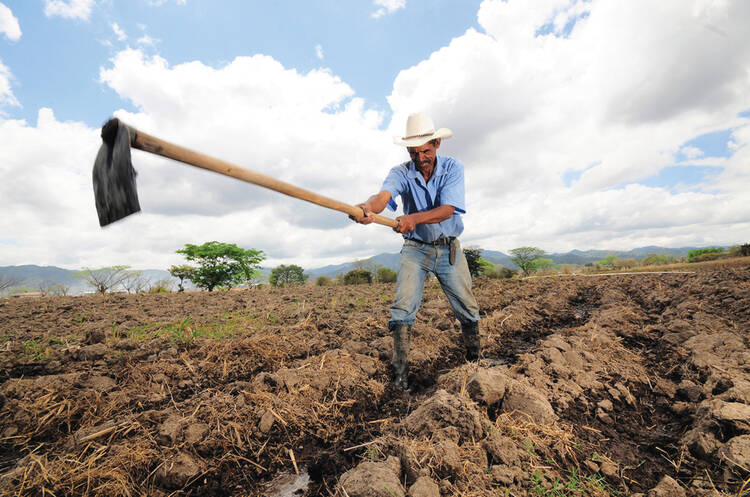While billions have been spent on direct efforts to bring the worlds of the haves and the have-nots closer together, perhaps the largest movement in history of people out of abject poverty was achieved over the last three decades in China. In that socialist state, capitalist practices created vast riches for a few but also new wealth for millions of workers. The resulting improvements in living standards, however, were an almost collateral outcome, and they were not achieved without a large degree of social and ecological disruption.
What if investors were intent on using the mechanism of the free market and the power of the economy to improve social and environmental outcomes from the outset?
That is the challenge thrown down by a new development model that seeks to turn the power of the market economy to social good. So-called impact investing puts private capital to work jump-starting for-profit entities or supporting nongovernmental organizations with the intention of creating fiscal profit that can be tracked in accounting books but also a social profit that can be observed in improved living standards or environmental conditions in developing nations around the world. Impact investing was the focus of a conference on June 16 to 17 in Rome, sponsored by the Pontifical Council for Justice and Peace, Catholic Relief Services and the Mendoza College of Business of the University of Notre Dame.
The conference drew participants from the worlds of high finance, industry and emergency disaster relief. One attendee, Carolyn Woo, president and C.E.O. of Catholic Relief Services, said finding sources of private capital that can be directed toward impact investing has become especially important in an era of reduced economic expectations among individuals and governments. “We have to be creative,” said Woo. “We can’t rely [exclusively] on donations and grant money because both of those streams are diminishing.”
While much of the direct service that relief and development agencies like C.R.S. provide will inevitably rely on donors—it is hard, after all, to locate a business model that satisfactorily responds to a typhoon—Woo suggests that other programs C.R.S. helps start up or support could benefit from lessons learned by for-profits with an eye on creating long-term sustainability. “How can these ministries be structured like a business, but in a way that has a deep conscience?” she asks.
There are examples of such models from the past and the contemporary Catholic world, she says—self-supporting monasteries that market beers, cheese and even coffins, for example, or fair trade product marketing.
“Not all social ministries can be handled in this way,” she adds. “Some are very high risk that will never deliver returns. I’m not talking about replacing grants or donations; we’re not asking anyone to stop giving to the church,” Woo says. But what about repurposing 5 percent of your retirement account to impact investing? Woo says that kind of commitment among individual and institutional investors would add private capital to the quiver of groups like C.R.S.
According to Woo, while the idea shows great promise because of its sustainability and scalability, impact investing requires patience as human capital is developed and would have to set in place strong certification policies—can social “pay-offs” be verifiable?—and vigorous monitoring to prevent exploitation of the communities and people being affected.
The conference was joined by Pope Francis who as usual was not at a loss for provocative thinking. “It is important that ethics once again play its due part in the world of finance and that markets serve the interests of peoples and the common good of humanity,” he said on June 16, calling it “intolerable” that “financial markets are shaping the destiny of peoples rather than serving their needs, or that the few derive immense wealth from financial speculation while the many are deeply burdened by the consequences.” He denounced in particular speculation on food prices as “a scandal which seriously compromises access to food on the part of the poorest members of our human family.”








